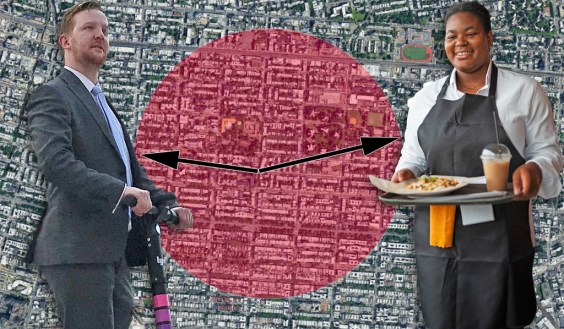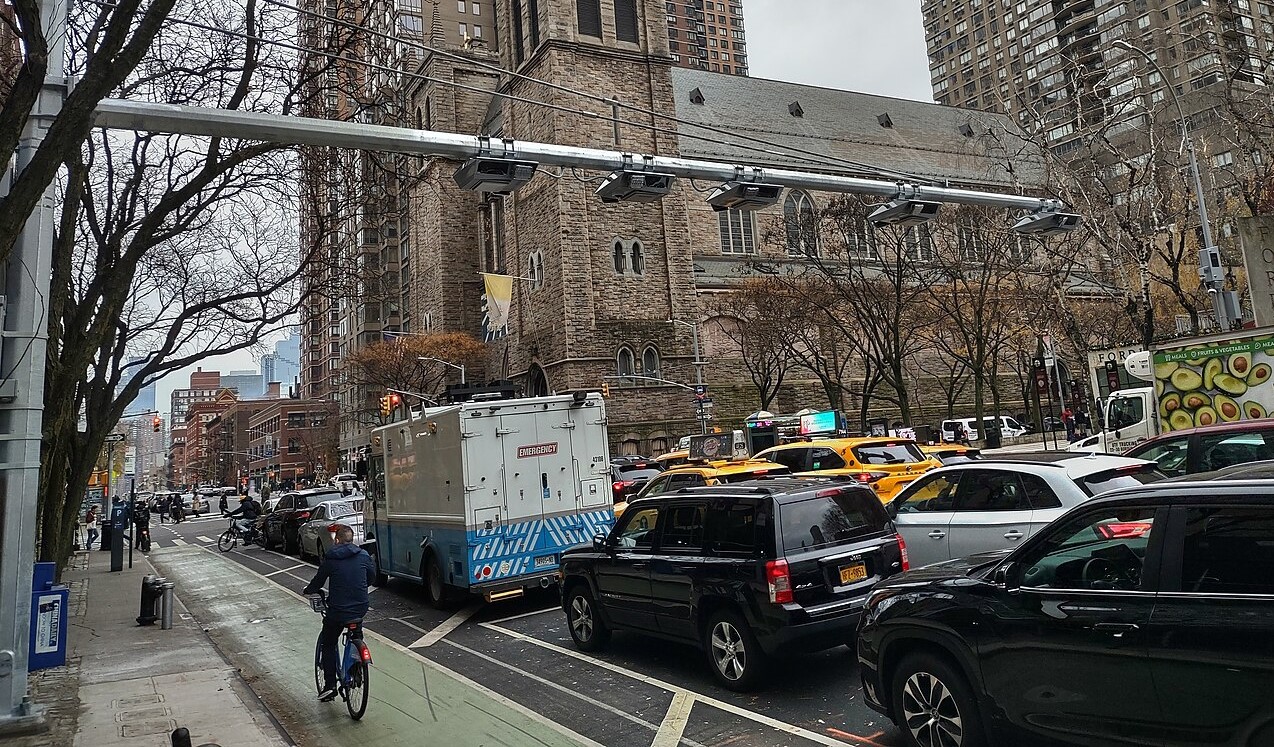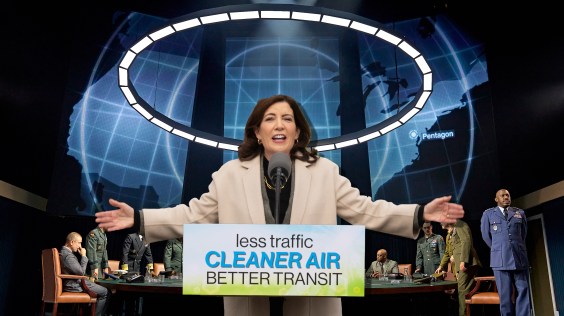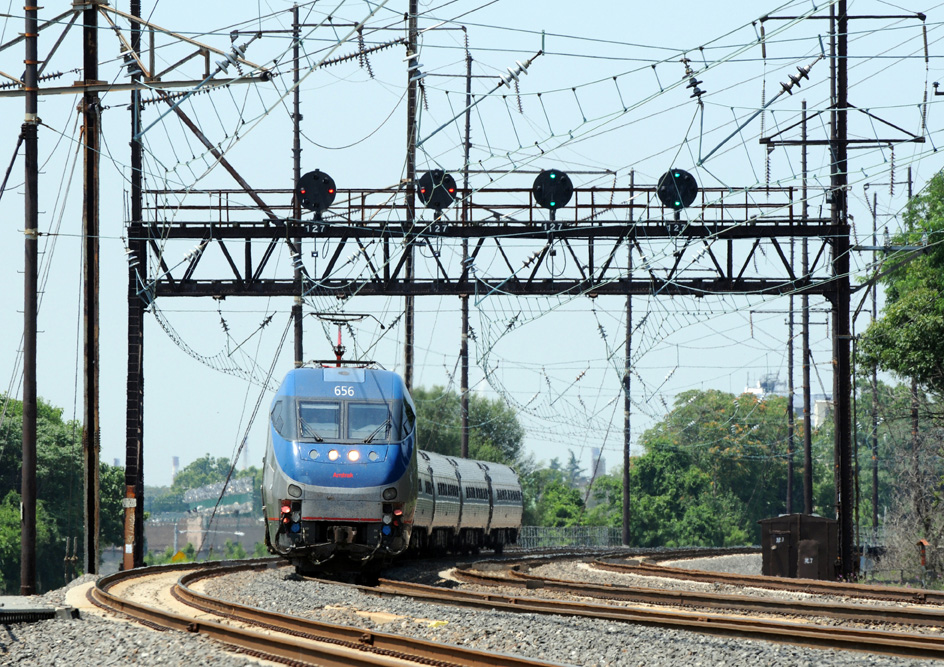Adolfo Carrion Jr., director of the White House's new Office of Urban Affairs, today vowed to begin reconnecting Washington with the needs of the nation's cities -- even as he offered few tangible plans for breaking through the morass of the federal bureaucracy and effecting change in the near term.
 White House Urban Affairs director Adolfo Carrion Jr. (Photo: NYDN)
White House Urban Affairs director Adolfo Carrion Jr. (Photo: NYDN)Carrion, addressing a small crowd at the Open Cities conference (which you can follow live right here) linked the Obama administration's effort with the urban policy review initiated by former President Carter, which began with grand hopes but ultimately narrowed its focus to smaller renewal projects.
"We're taking what he did in '79 and revisiting it," Carrion said, crediting Carter with "thinking forward" and predicting he "will be treated, after he's gone from the stage, in a much more generous way."
The urban affairs office, created in March, is promoting a nationwide tour highlighting cities that have hit upon groundbreaking uses of economic stimulus money, such as Kansas City's Green Impact Zone. In coming months, the tour will take a look at high-tech development in Atlanta.
And Carrion's promise, as he put it today, of "shifting from a top-down culture to the federal government serving as a supporting actor to local protagonists" has caught on with advocacy groups and analysts who had become accustomed to urban priorities remaining out of the political spotlight.
But when it comes to the most pressing challenges facing cities, particularly those connected to economic recovery, Carrion's office has yet to advocate for urban priorities. Transportation Secretary Ray LaHood recently all but ruled out two reform proposals long sought by the nation's cities -- channeling federal aid directly to municipalities and putting the federal contribution to highway and transit projects on equal footing.
Indeed, despite telling Politico in July that he soon would "explain [his office's] strategy publicly," the urban affairs chief appeared content with starting an open-ended discussion about investing in cities rather than setting a timetable for accomplishing specific goals.
The administration's "punting on the [transportation bill]," he told Streetsblog Capitol Hill today, happened because "everybody recognizes our transportation investments need to be rebalanced. We need to have more time for discussion."
On that note, Carrion made a direct appeal to the advocates and bloggers at the Open Cities conference for help in crafting an agenda for his office, which utilizes staffers from the White House Domestic Policy Council. The gesture was well-intentioned and well-received, but it may come to serve as a harbinger for slow progress on building bridges between Washington and the large cities that more than half of America call home.





